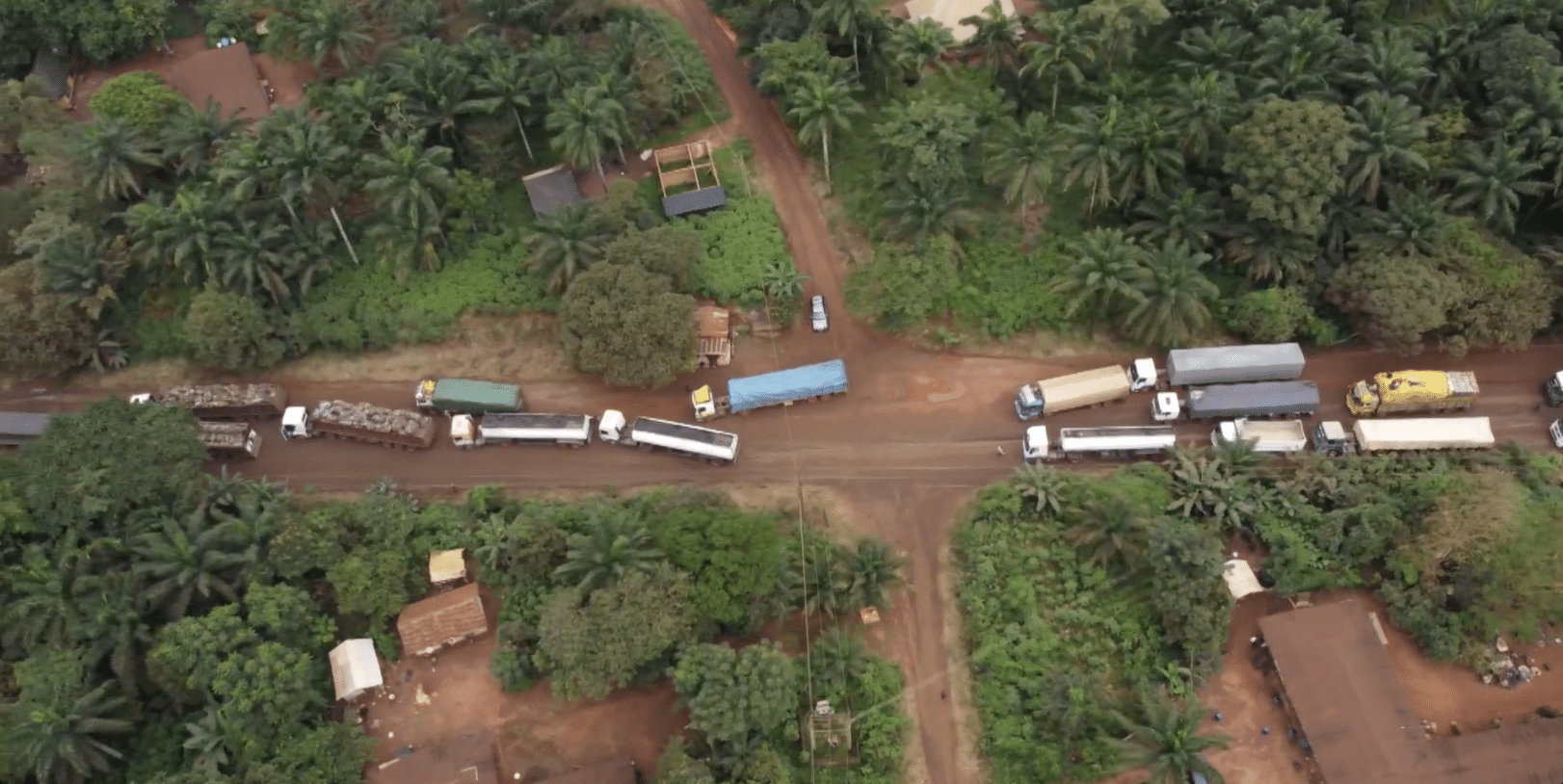

Crossing the tracks of the tropical forest is a high-stakes gamble. Emmanuel knows it well — even after twenty years of experience, he still hauls his beer cargo with fear in his gut. Hundreds of other trucks overtake him or pass in the opposite direction, threatening to tip over under their loads of timber or gas. This route is the most dangerous in the country: the track is extremely narrow, and rain erodes it a little more each day. But these are not the only dangers Nigerian drivers face. Each year, the country records thousands of kidnappings by armed gangs.
Nigeria may be the richest country in Africa, but it still fails to guarantee the safety of its citizens or the quality of its infrastructure.
In Lagos, the capital, inequality is glaring. It has 5,000 millionaires, yet at the city’s entrance, 300,000 people crowd into their “floating Venice” — a vast stilted slum with its own rules and its own king. Once they leave the lagoon, residents are plunged into traffic chaos, where thousands of taxis jostle for space on pothole-riddled roads.
Salvation may come from the gods. Thousands of pilgrims converge on a sacred forest, where offerings, sacrifices, and a king before whom they must bow mark the path for those seeking the protection of the goddess Ossun.